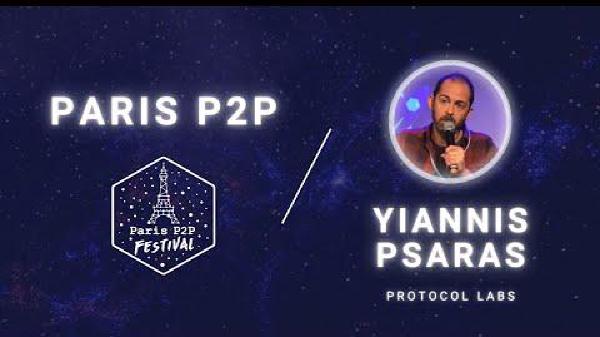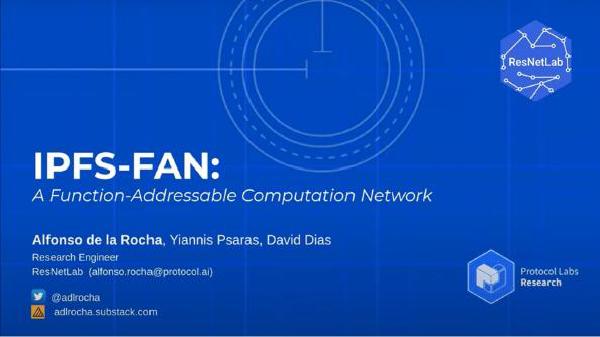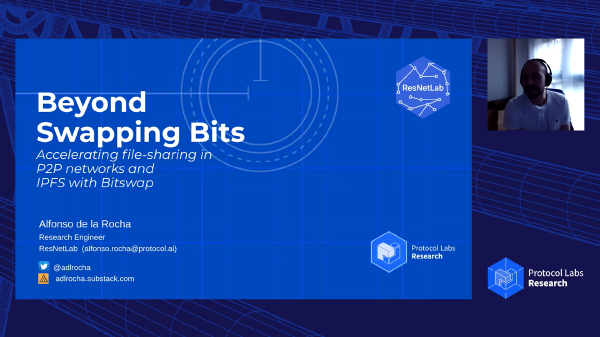Computer networks enable information to move across the globe. They are foundational to the world we live in and to the vast majority of our work. Our interests include transport and routing protocols, network security, p2p systems, publish-subscribe protocols, and network monitoring and simulation.



